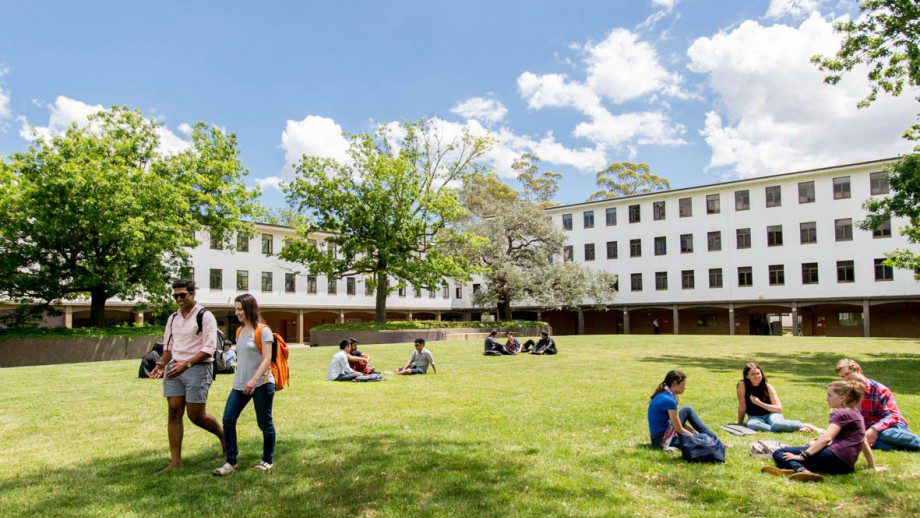Candidates for ANUSA education officer, Lift ANUSA’s Harry Needham and Shake Up ANUSA’s Makayla-May Brinckley, discussed proposed changes to the ANU’s admission policy at a debate last week.
Needham is currently a general representative for ANUSA and has experience working in activist roles as a member of the Refugee Action Committee and was an attendee at the NUS’s Education conference.
Brinckley is the current Indigenous officer for ANUSA. She was also a member of the organising committee for the Network of Women’s Students Australia and ANU’s delegate to the World Indigenous Peoples Conference on Education in Canada.
Needham opened the debate, declaring that the Lift’s ‘education policy is based on the fundamental truth that education is a right and not a privilege.’
Brinckley emphasised the importance of ‘accessible and equitable education.’ She noted that students from low-SES backgrounds often find it difficult to apply to university, and face barriers once accepted.
Needham agreed, saying, ‘We need to put equity at the heart of changes to admissions.’ He mentioned the ANU’s green paper that outlined four potential admissions models. He endorsed elements of the ‘National Model’, which proposes that the top three students from each high school around Australia receive an offer.
Brinckley proposed putting a student on the working group currently discussing the changes to admissions. Needham questioned the necessity of this change, claiming the vice-president already does an adequate enough job on the working group. Brinckley said she thought a regular student would provide a more diverse perspective.
Both Brinckley and Needham disagreed with the proposed changes to the HECS repayment threshold. Brinckley called the proposal ‘atrocious’. She said it would prevent university graduates from making sound financial decisions. She also stressed the importance of accessible advocacy in ensuring the government changes their mind. ‘It’s important that we mobilize as many students as we can,’ she said.
Needham proposed making these complex issues relating to education policy, digestible so that less- informed students understand the policies’ implications. Brinckley agreed, promising simple and understandable explanations of these issues, in plain English.
The discussion ended on the topic of Brinckley’s proposal of a mandatory indigenous education course, taught by Indigenous academics. Brinckley is of Indigenous heritage. ‘I can only applaud this proposal,’ Needham replied — an Indigenous studies major himself. The two candidates both expressed confusion as to the lack of Indigenous lecturers teaching Indigenous courses at ANU.
We acknowledge the Ngunnawal and Ngambri people, who are the Traditional Custodians of the land on which Woroni, Woroni Radio and Woroni TV are created, edited, published, printed and distributed. We pay our respects to Elders past and present. We acknowledge that the name Woroni was taken from the Wadi Wadi Nation without permission, and we are striving to do better for future reconciliation.
